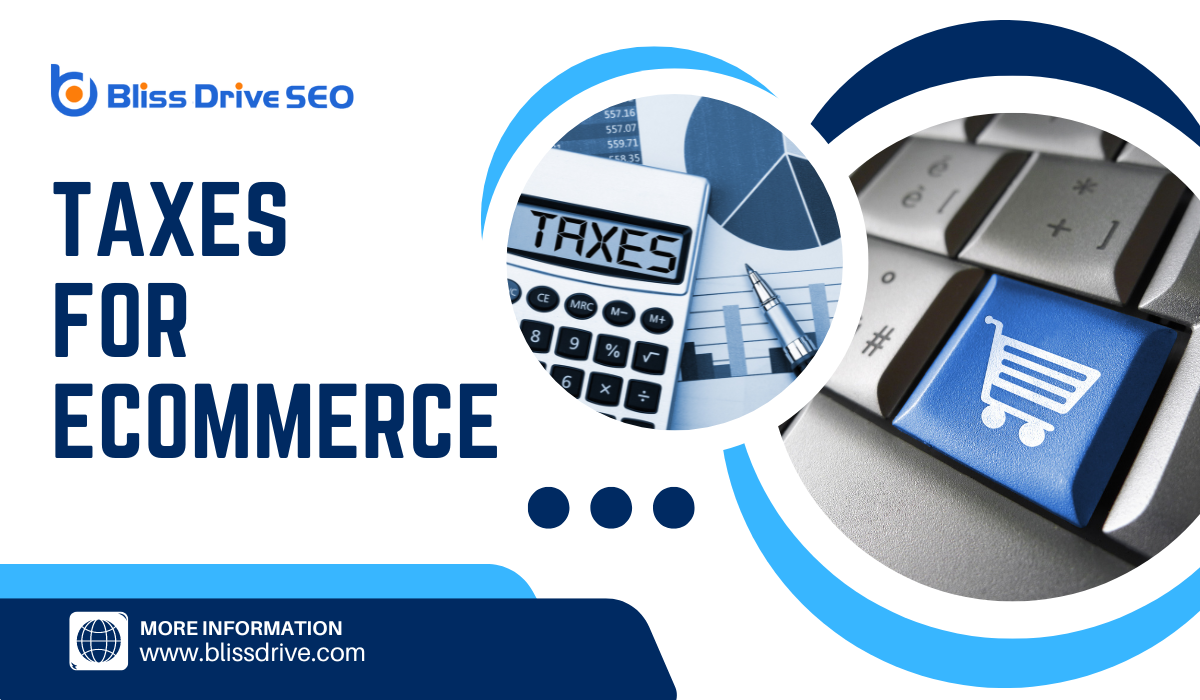Digital Marketing Services
Learn More About Us

Having an eCommerce storefront rather than a physical one can save you money on things like rent and utilities. Certain taxes, however, cannot be avoided by online businesses. As the owner of an eCommerce store in the United States, you must be aware of your tax obligations.
Understanding your tax responsibilities can free you up to focus on the other aspects of running your business. To save you from getting bogged down by tax-related stress, we came up with this easy guide to eCommerce taxes:
In most states, sales taxes are levied on customers as pass-through tax. This means that a portion of a sale is added to the customer's total bill. Sales taxes may be levied on both brick-and-mortar and online businesses.
However, internet business tax laws can be more complex. To calculate online sales tax, you must first answer the following questions:
The nexus is the presence of an eCommerce store. Even though you don't exactly have a physical location, you may have a nexus in a state if:
You must also determine whether you should collect destination or origin sales tax. When you collect sales tax based on the seller's location, this is known as origin sales tax. However, you must still pay the tax to your home municipality or state. When you collect destination sales tax, you do so based on the buyer's location.
Aside from sales taxes, you probably also have to pay estimated taxes and employment taxes, depending on the nature of your online business.
Estimated taxes include income and self-employment taxes. Unless you receive a salary and have taxes withheld on your behalf, you will almost certainly be required to pay estimated taxes as a business owner. Estimated taxes differ from sales and employment taxes. You pay estimated taxes on your earnings.
Federal income taxes, Social Security and Medicare taxes, as well as state and local taxes, are all examples of employment taxes. These are the taxes withheld from an employee's gross wages, and FICA contributions are made based on employee wages. If you have employees, you must also pay federal and state unemployment taxes.
Following business tax laws to stay compliant with applicable government agencies can be very tedious for eCommerce business owners. Not to mention having to operate the business on a day-to-day basis. Luckily, help is available!
Bliss Drive is a full-service digital marketing agency that can provide you with everything you need to launch and maintain a successful eCommerce website. Check out our web design and development services to kickstart your eCommerce journey with a customized and fully optimized website built by industry experts that work as hard as you do.
